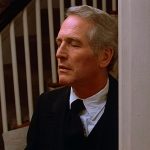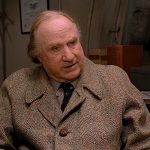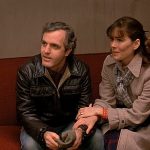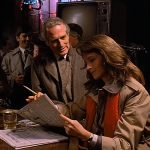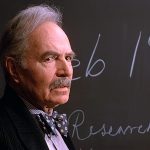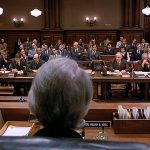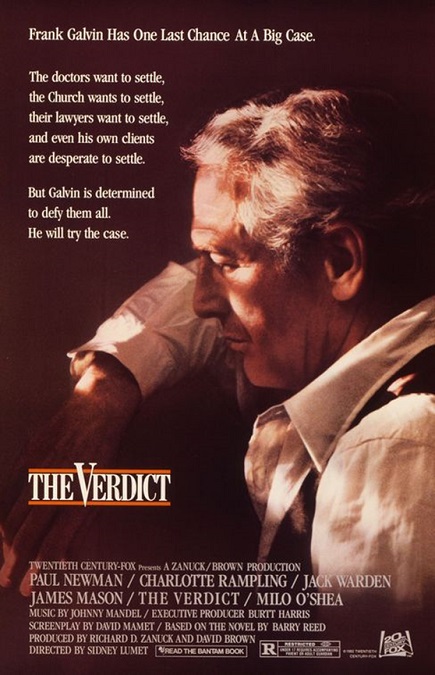
The Verdict – 1982
This was a pretty cut and dry courtroom drama that had some good acting that seemed to be undercut with a fairly uninteresting script. The cast had some pretty big names like Paul Newman, James Mason, and Jack Warden. Unfortunately, the plot would have done well for a made for TV movie. The characters and the plot were ridiculously predictable. I’d had the ending figured out about 15 minutes into the movie, and my prediction was remarkably accurate.
Newman played Frank Galvin, a lawyer who is a severe alcoholic. He is down on his luck, and appears ready to drink himself to death. But his friend, Mickey Morrissey, played by Warden, throws him a bone. An easy medical malpractice case that appears to be a sure win with a lot of money behind it. Now, what do you think happened?
I thought he would take the case and become passionate about it because he was on the side of justice. He was fighting against the Catholic Church because a pair of doctors at a Catholic hospital caused permanent brain damage to a patient through gross negligence. The Church would hire a team of overconfident lawyers who would seem to present an airtight defense case.
One thing after another would go wrong for Frank. It would look like he would lose, and Frank would become depressed and drink some more. But in the end, a surprise witness would come forward, have an emotional and teary breakdown in the witness box, reveal a big secret about how the two doctors were as guilty as hell, and Frank would win the case. The end.
That’s what I thought would happen, and I was right on nearly every point. There were a few little subplots that didn’t really do much to affect the main story, but at least they helped to keep my interest a little. One of these came in the form of Laura Fischer, played by Charlotte Rampling. At first she seemed to be a random woman Frank runs into at his favorite bar with whom he starts an affair. But twist! She was a plant, a woman on the payroll of the head defense lawyer, Ed Concannon, played by Mason. Apparently it was she who was responsible for most of the difficulties in Frank’s case.
The only thing I wasn’t sure of by the end of the movie was whether or not Frank and Laura would end up together in the end. I was pleasantly surprised that they did not because with such a cookie-cutter script, I was afraid that they would. After Frank learns that she has been passing all his information and strategy to Concannon, he slaps her in the face, bloodying her lip, in public no less, he could have very easily taken her back after the trial, taking the attitude that all is fair in love and war. But I liked that he instead said, “You screwed me and I’m done with you.”
Like I said, there was some good acting. You can rarely go wrong with Paul Newman, who played drunk remarkably well, and Mason who has always had a commanding screen presence. But the supporting characters also deserve to be mentioned. For example, Milo O’Shea, who played Judge Hoyle, Edward Binns as Bishop Brophy, James Handy and Roxanne Heart as the brother-in-law and sister of the brain damaged woman, Kevin and Sally Doneghy, and Lindsay Crouse, who played the case-winning surprise witness. They all played their parts as well as could be expected.
But what was it about The Verdict that was so good? Why was it nominated for Best Picture? Why did the Writers Guild of America rank the script #91 on its list of 101 greatest screenplays ever written in 2013? Why, in a poll by Empire Records, was it voted the 254th greatest movie of all time? Why does everyone love this movie? What am I missing? I’ll tell you, I don’t know.
Maybe it was the complexity of Newman’s character. Maybe it was the technical structure of the film, a subject on which I don’t claim to be especially educated. Or maybe it was the triumph of the underdog over the system inherent in the plot. Whatever it was, it didn’t really make that great an impact on me. It isn’t a bad movie. It just isn’t as good as it thinks it is.
